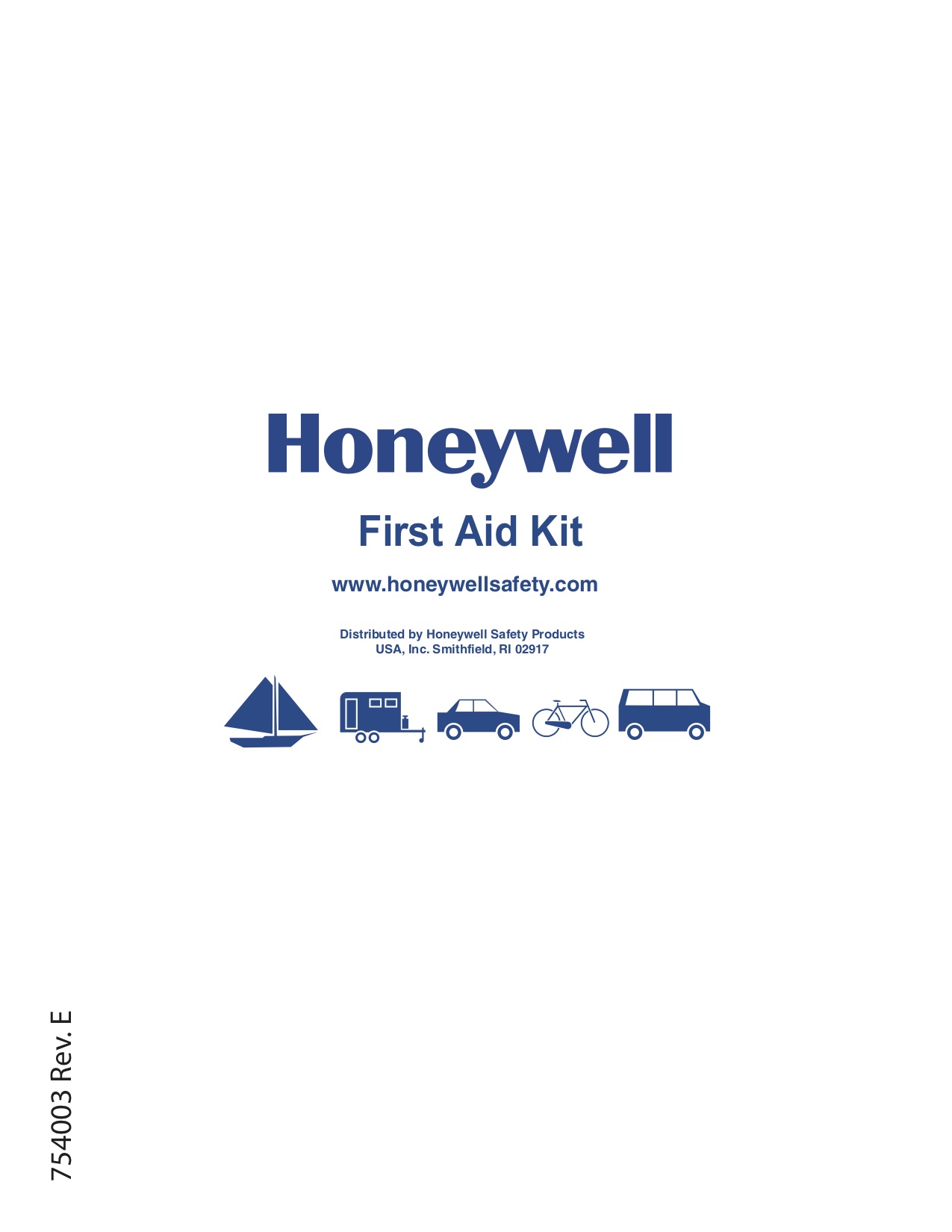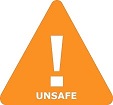4351 First Aid Kit Kit while Breastfeeding

What is 4351 First Aid Kit Kit used for?
Neomycin Antibiotic Ointment Uses first aid to help prevent infection in - minor cuts - scrapes - burns
PVP Uses first aid antiseptic to help prevent infection in minor cuts, scrapes and burns
Purpose: First Aid Burn Cream Purpose First aid antiseptic External analgesic
Neomycin Antibiotic Ointment Purpose First aid antibiotic
PVP Purpose First aid antiseptic
Is 4351 First Aid Kit Kit usage safe while breastfeeding? If a lactating mother is using it can there be any effect on growth or development of infant?

4351 First Aid Kit Kit Breastfeeding Analsys
Lidocaine hydrochloride while Breastfeeding
SafeCAS Number: 137-58-6
Compatible with breastfeeding no matter the multiple ways it can be used: anesthetic, anti-arrhythmic, or anti-epileptic drug. Excreted into breast milk in non-significant amount with no side effects on breastfed infants from treated mothers. As a topical anesthetic (dermatologic, dental-stomatologic, ophtalmotologic and otologic preparations) it has an almost nil systemic absorption. Avoid using it on the nipple, but if necessary do it after the breast feed, wipe it out and rinse with water before the next feed, An euptectic mixture with added Prilocaine (EMLA) is used for dermatologic anesthesia. There is an increased risk of Methemoglobinemia when applied on large surfaces or taken by mouth. Intrapartum anesthesia may delay the onset of phase II of Lactogenesis or milk coming-in. The American Academy of Pediatrics rates it usually compatible with Breastfeeding.
Neomycin sulfate while Breastfeeding
SafeCAS Number: 1404-04-2

Aminoglycoside antibiotic which is used in creams, eye drops, and otologic preparations for topical use, and, also orally used for intestinal disinfection. At latest update, relevant published data on excretion in the breast milk were not found. Like other aminoglycoside antibiotics, Neomycin is not absorbed by the gut. Absorption from other sources like skin, nose, ear and eye mucosa by means of topically used preparations (creams, drops, etc.) is very poor which causes excretion into breast milk in significant amount, unlikely. Do not apply creams, gels and other products that would contain paraffin (mineral oil) to avoid absorption by the infant since it is a hydrocarbon-derived substance. In case of use of Neomycin on the nipple, let it be done after the feed and wipe it out any excess of cream before the next feed. Be aware of false negative results of microbial cultures done from samples of febrile infants whose mothers are treated with antibiotics. Also, due to imbalance of intestinal flora a diarrheal disease can occur in the breastfed infant. List of Essential Medicines by WHO 2002: compatible with breastfeeding.
Iodine while Breastfeeding
UnsafeCAS Number: 7553-56-2
Disinfectant that contains high amount (2-7%) of Iodine in solution with alcohol or water (Lugol's solution) Not absorbed through intact skin of adults. However, it may trespass the inflamed skin, wounds, mucosa surfaces like vagina, in which case can reach concentration in grams in the human serum (1 g = 1,000 milligrams = 1,000,000 micrograms). Normal daily allowance is considered to be as high as 100 to 150 micrograms that increases to 200 – 300 micrograms in pregnancy or nursing period. The latter means less than one third of a milligram. Iodine is concentrated into breast milk with a level that could reach 20 times higher than the concentration in the blood. It has been found higher levels of Iodine, altered results of neonatal screening test for thyroid function, and, transient hypothyroidism in infants whose mothers were exposed to Iodine Povidone. Use should be avoid in the Delivery Room, Operating Room (C-section), Neonatal Units, Toddler admision areas and during the breastfeeding period. Sporadic or inadvertent use, specially on normal skin, does not require special test or procedures because it does not pose higher risk to the child.
4351 First Aid Kit Kit Breastfeeding Analsys - 2
Benzalkonium chloride while Breastfeeding
CAS Number: 8001-54-5
Topical maternal application of benzalkonium chloride or benzethonium chloride or their presence as a preservative in pharmaceuticals would not be expected to cause any adverse effects in breastfed infants.
Lidocaine hydrochloride while Breastfeeding
CAS Number: 137-58-6

Lidocaine concentrations in milk during continuous IV infusion, epidural administration and in high doses as a local anesthetic are low and the lidocaine is poorly absorbed by the infant. Lidocaine is not expected to cause any adverse effects in breastfed infants. No special precautions are required.[1][2][3] Lidocaine labor and delivery with other anesthetics and analgesics has been reported by some to interfere with breastfeeding. However, this assessment is controversial and complex because of the many different combinations of drugs, dosages and patient populations studied as well as the variety of techniques used and deficient design of many of the studies. Overall it appears that with good breastfeeding support epidural lidocaine with or without fentanyl or one of its derivatives has little or no adverse effect on breastfeeding success.[4][5][6][7][8] Labor pain medication may delay the onset of lactation.
Neomycin sulfate while Breastfeeding
CAS Number: 1404-04-2
Although no information exists on the excretion of neomycin into milk, other aminoglycoside antibiotics are poorly excreted into breastmilk. Newborn infants apparently absorb small amounts of aminoglycosides, but serum levels are far below those attained when treating newborn infections and systemic effects of neomycin are unlikely. Older infants would be expected to absorb even less neomycin. Monitor the infant for possible effects on the gastrointestinal flora, such as diarrhea, candidiasis (e.g., thrush, diaper rash) or rarely, blood in the stool indicating possible antibiotic-associated colitis. Oral, topical, ophthalmic or otic neomycin should result in very low levels in breastmilk and present negligible risk to the infant,[1][2] although topical application to the nipple may increase the risk of diarrhea in the infant. Only water-miscible cream or gel products should be applied to the breast because ointments may expose the infant to high levels of mineral paraffins via licking.[3]
Iodine while Breastfeeding
CAS Number: 7553-56-2

Iodine is an essential trace nutrient for all infants that a normal component of breastmilk. Infant requirements are estimated to be 15 mcg/kg daily in fullterm infants and 30 mcg/kg daily in premature infants.[1] Systematic reviews and studies on iodine nutrition found that iodine in breastmilk is adequate in iodine-sufficient countries, but in countries with iodine fortification of foods, many mothers did not obtain adequate iodine and that additional supplementation was desirable.[2][3][4][5] In iodine-deficient areas, supplementation of breastfeeding mothers with iodine appears to be more effective than direct supplementation of the infant in reducing infant iodine deficiency.[6] The American Thyroid Association recommends that breastfeeding women should supplement their diet with a daily oral supplement that contains 150 mcg of iodine, but sustained iodine intake while breastfeeding that exceeds 500 to 1100 mcg daily should be avoided.[7] A survey in the United States between 2011 and 2014 found that only 19% of lactating women used a dietary supplement that contained iodine.[8] The use of excessive amounts of iodine in the mother near term and during breastfeeding (e.g., seaweed soup) can increase breastmilk iodine levels and cause transient hypothyroidism in breastfed infants. The absorption of iodine can be marked after application to open wounds or mucous membranes. Exposure of mothers to unnecessary iodine who are or will be breastfeeding should be avoided or minimized to the extent possible by avoiding its use on maternal mucous membranes (e.g., vaginal use, wound therapy), avoiding prolonged contact time, avoiding repeated applications, and applying it to the smallest possible surface areas of the body. It is possible that maternal exposure to iodine near term could interfere with thyroid studies done as a part of newborn screening tests.
4351 First Aid Kit Kit Breastfeeding Analsys - 3
Benzalkonium chloride and Breastfeeding
SafeNote: Study and data for tropical use only
I already used 4351 First Aid Kit Kit and meanwhile I breastfed my baby should I be concerned?
We have already established that 4351 First Aid Kit Kit is unsafe in breastfeeding and breastfeeding while using 4351 First Aid Kit Kit is not a good idea however if have already used
I am nursing mother and my doctor has suggested me to use 4351 First Aid Kit Kit, is it safe?
If your doctor knows that you are breastfeeding mother and still prescribes 4351 First Aid Kit Kit then there must be good reason for that as 4351 First Aid Kit Kit is considered unsafe, It usually happens when doctor finds that overall advantage of taking
If I am using 4351 First Aid Kit Kit, will my baby need extra monitoring?
Yes, Extra monitoring is required if mother is using 4351 First Aid Kit Kit and breastfeeding as it is considered unsafe for baby.
Who can I talk to if I have questions about usage of 4351 First Aid Kit Kit in breastfeeding?
US
National Womens Health and Breastfeeding Helpline: 800-994-9662 (TDD 888-220-5446) 9 a.m. and 6 p.m. ET, Monday through Friday
UK
National Breastfeeding Helpline: 0300-100-0212 9.30am to 9.30pm, daily
Association of Breastfeeding Mothers: 0300-330-5453
La Leche League: 0345-120-2918
The Breastfeeding Network supporter line in Bengali and Sylheti: 0300-456-2421
National Childbirth Trust (NCT): 0300-330-0700
Australia
National Breastfeeding Helpline: 1800-686-268 24 hours a day, 7 days a week
Canada
Telehealth Ontario for breastfeeding: 1-866-797-0000 24 hours a day, 7 days a week
